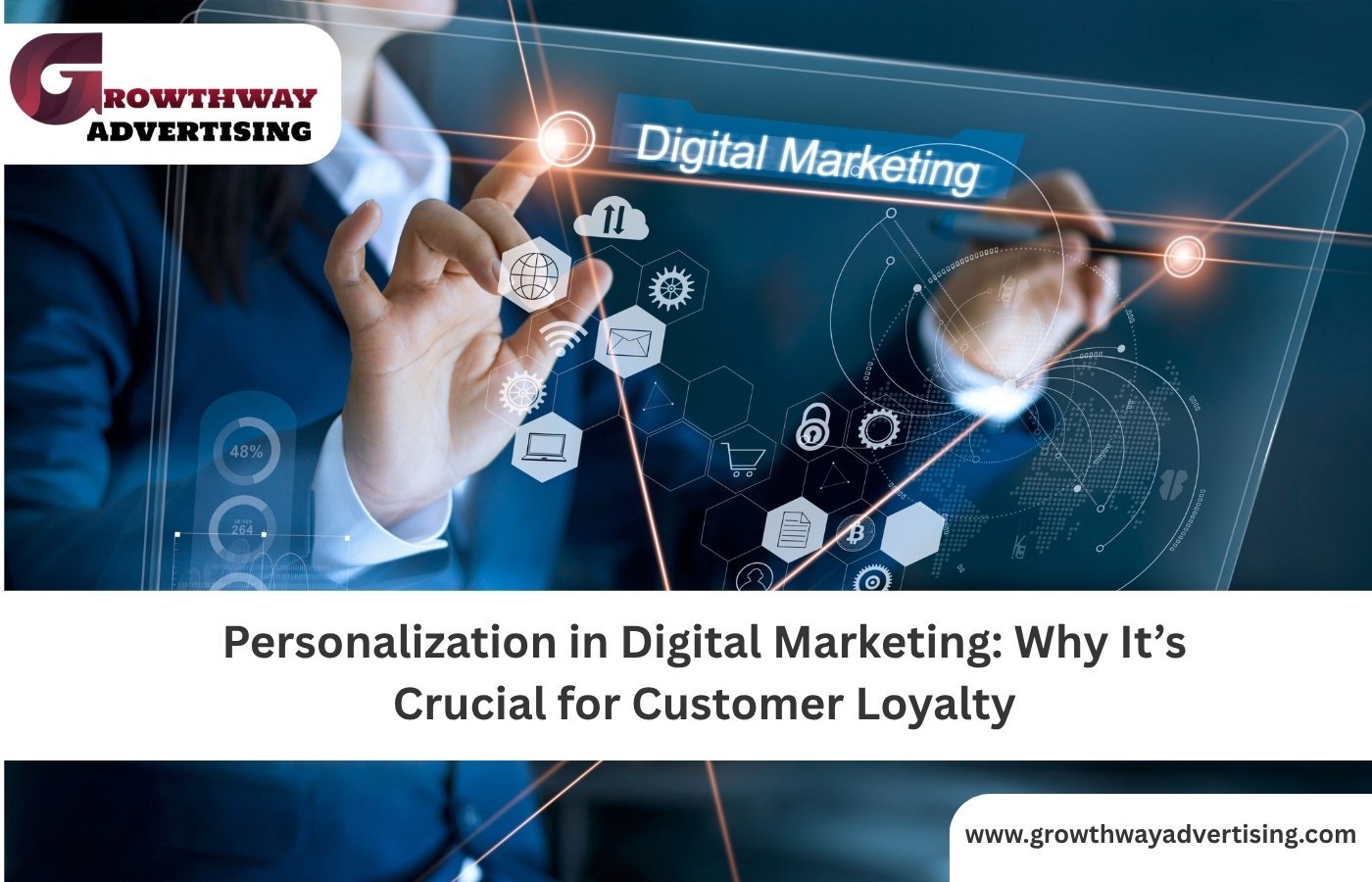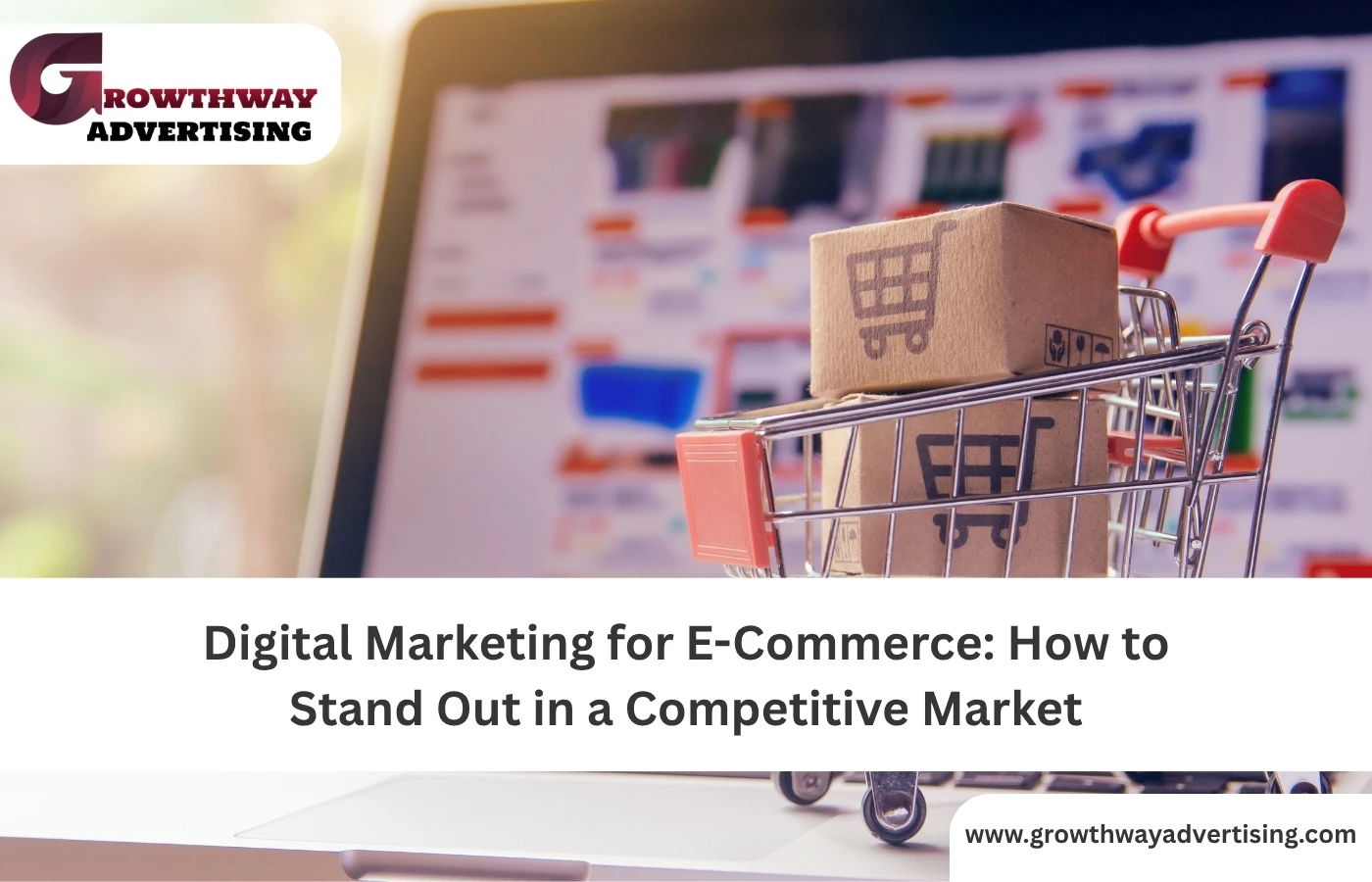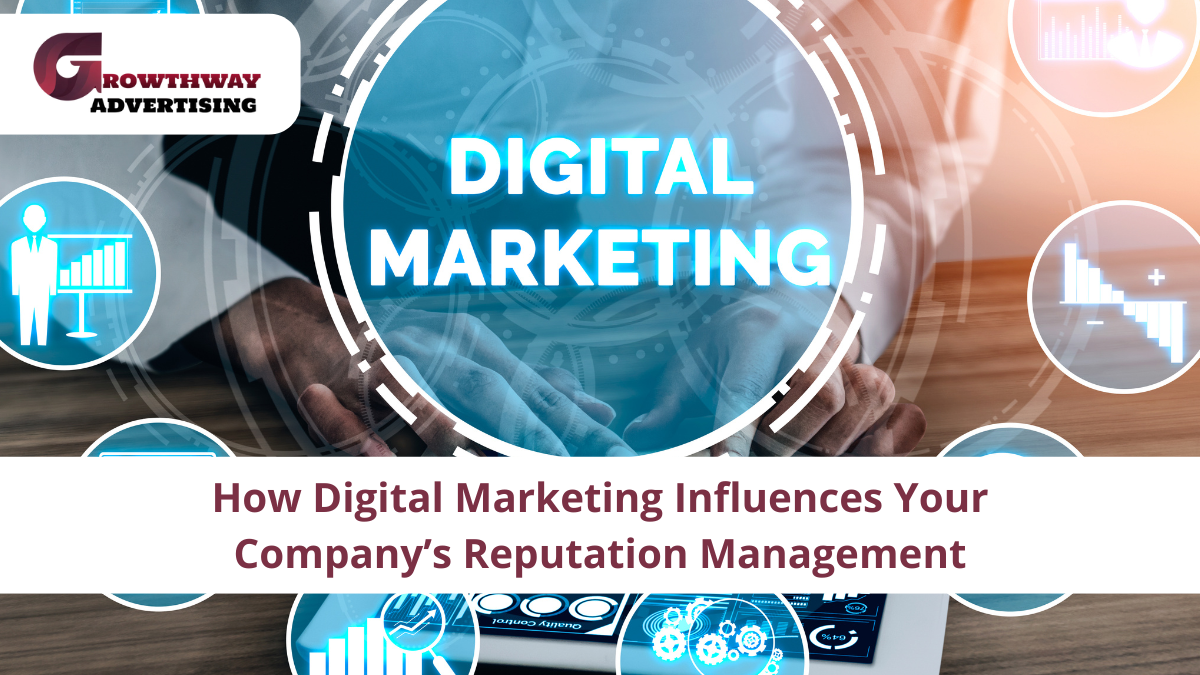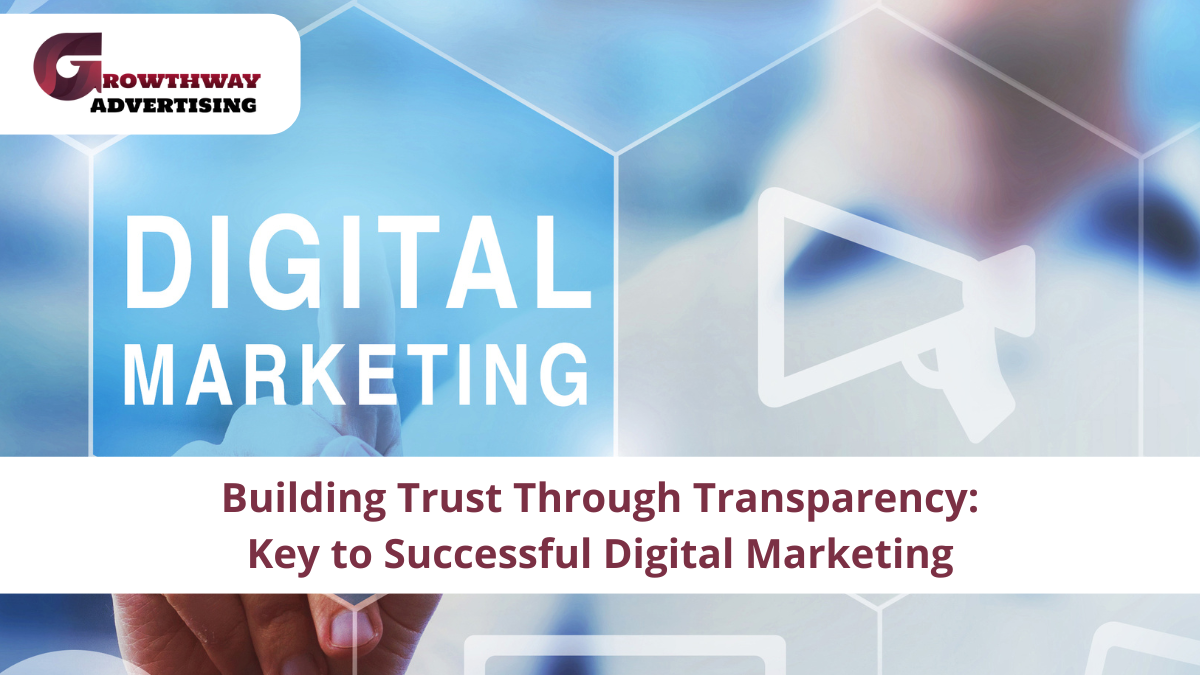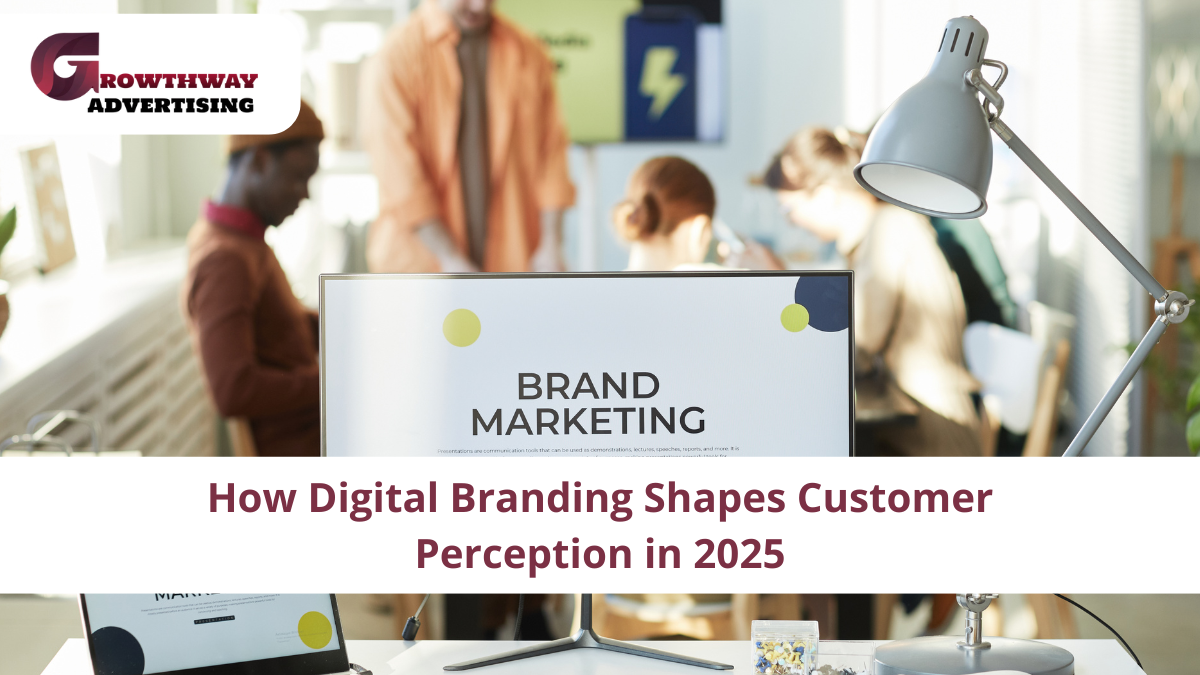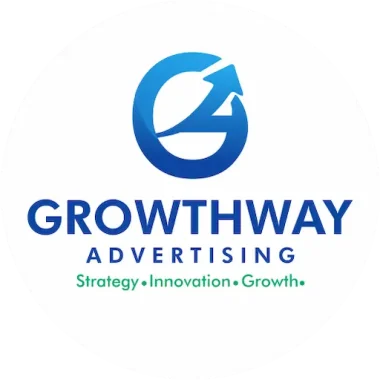Digital marketing personalization is not a good-to-have anymore but is a need to have. Consumers are living in an era of over-messages and unless a message is highly relevant to their exact needs and wants nobody will notice. That is why the idea of personalized marketing has gained an important role as a key element of long-term customer loyalty.
However, what exactly is personalization in digital marketing and in how far does it help generate customer loyalty? Let us now deconstruct some of the key areas that marketers must ensure attention, and also some very important elements that need to be given attention, and are normally sidelined by these marketers.
Customer Loyalty and personalization: a strong connection
Personalization involves more than placing the name of a customer in an email. It is all about getting to know their behaviour, preferences as well as the point of pain, and then working out every interaction with them in a way that addresses their needs in a relevant manner. The personalized experience may come in the form of a website, an email campaign or a social media ad but in doing so, this removes any doubt that you know your customer.
Personalized marketing enhances engagement, trust and above all loyalty when done effectively. Indeed, customers will tend to be loyal to a brand that promises to offer them a personalized experience repeatedly. It is much cheaper to retain a customer in comparison to recruiting one, and a loyal customer is more probable to become a brand advocate as well. This renders personalization as one of the foundations of long term brand loyalty.
Data-Driven Personalization: The Key to Effective Marketing
Data is one of the most important issues that allow personalized marketing. When using digital marketing, customer knowledge is vital, and data is the foundation, on which individualization is attainable. Analytics tools and customer data platforms (CDPs) gather useful data about how your customers behave, what they like, and how they have interacted with your company in the past. Such understandings enable companies to produce very contextual content and personalized offers to the individuals.
Using these data-driven marketing insights, you can divide your audience into customer groups who fulfil particular criteria and then target these groups. Such segmentation enables brands to produce dynamic content which is much more relevant compared to a diffuse message. You could even go as far as predictive analytics, which allows you to determine what the customer might want in the future so your marketing is proactive instead of reactive.
To illustrate, a digital marketing agency may tailor ads based on data enabling them to differentiate the ads based on the distinctive needs or wants of a customer. A customer inspecting a home appliance may come across an advert of a given model of refrigerator with some kind of discount. This form of customer-specific experience also ensures that customers are satisfied and that they are inclined to pay repeat visits to your brand.
Why Personalization Drives Customer Loyalty
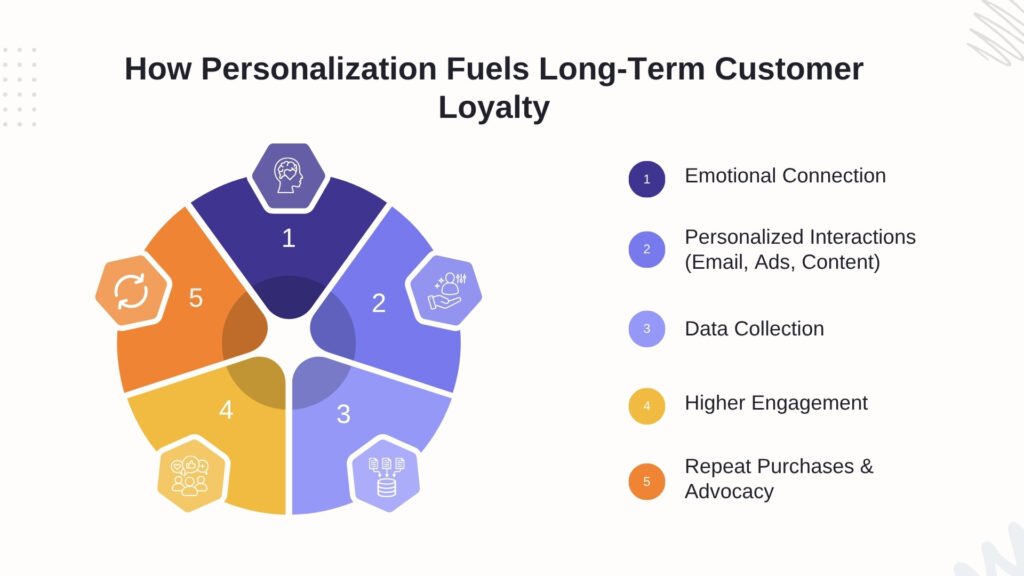
To get more specific: personalization has various effects on customer loyalty.
- Emotional Connection: Making marketing efforts personal will make the customer realize that he/she is understood, thus forming an emotional bond with the brand. Catering to people through personal emails, offers, customer service and the likes, the customer is much more likely to use that brand again as they feel important.
- Personalised Recommendation: These recommendations are personalised to provide an easy and enjoyable shopping experience. An example of this is Amazon’s recommendation system which has played a substantial role in customer retention as it shows the products that have been browsed and purchased by the customers. The same could be utilized in any industry, whether it is fashion or technology.
- Touchpoint Consistency: Personalization is not limited to a single channel of marketing, it should also be the same on all channels, such as your site, email campaign, or social media. A digital marketing company that provides digital marketing services must guarantee that the experience of a customer is consistent and harmonious with the touchpoints of an organization in which all experiences are seamless at all interfaces during the journeys.
- Exclusive Offers: Personalization enables brands to give a customer special offers or rewards to those who remain loyal in the form of special promotions or discounts depending on their preferences and purchase history. The strategy aids in establishing brand loyalty, which would induce consumers to remain in contact with your brand long-term.
Technology in Personalization Role
Technology is an important contributor to digital marketing solutions that facilitate personalization. Artificial intelligence (AI), machine learning, and the automation tools can scale personalized experiences in a way that would not have been possible with manual calculations. Examples of tools to manage this would be personalized recommendation engines, or auto emailing platforms enabling a marketer to deliver relevant, timely and personal messages to their customer in large volume.
As an example, tools such as customer relationship management (CRM) systems may divide your customers into groupings by their information and launch customized campaigns to those groups automatically. Sending product recommendations, discounts, or personal newsletters, automation means that it won’t entail additional manual work on the part of your marketing team to personalize.
The technologies are also useful in increasing customer loyalty through the development of personalized activities on a real time basis. To take an illustration, an A.I.- driven site would adapt to the user through the kind of layouts, as well as product suggestions that could be placed. This would make the site quite engaging and relevant to the visitor.
Privacy Considerations in Personalization
Power corrupts and responsibility pays. Privacy of the data might also be an issue when personalising digital marketing services. With marketers gathering ever increasing amounts of information regarding the customers, transparency and consent will become extremely important. Privacy laws including the General Data Protection Regulation (GDPR) have necessitated businesses to seek explicit consent to data collection, and give their customers freedom of choice over how their personal information is processed.
Nevertheless, that does not rule out personalization. Quite on the contrary, customers tend to be more willing to share their information in case the brand is trusted and benefits that can be achieved are considered to be stronger than risks. In exchange, the customers would be willing to submit their information in exchange of such personalized experiences such as product suggestions or discounts. Nevertheless, brands should be honest in the manner they access this information and provide the customers with explicit choice options in terms of opting-in, and opting-out.
Gaps in the Current Conversation Around Personalization
Although the majority of digital marketing agency services are oriented toward personalization practices, there is a set of important themes that remain unexplored.
1. Execution at Scale Challenges of Personalization
Personalization can be a complex process to carry out, especially as business grows. The positive aspects light up many digital marketing firms and they seldom discuss the logistical issues related to collection, management, and application of large quantities of customer information. The more customers you have, the more data that you require to manage. Businesses need to invest in properly equipped tools and platforms, and teams to manage these issues.
2. Long-term Effect of Personalization
Although it is straightforward when the personalization has immediate benefits, the effects it has on the customer loyalty are rarely examined in the long-term perspective. What is a transformation in how personalized experiences develop? Are customers becoming more bored with the hyper-targeted messaging as opposed to valuing it more over time? The most important thing is to discuss the ways personalization can hold the interest of customers in the long term and not give them the feeling of being stalked.
3. Ethics of Personalization
Not much argues the moral aspects of personalization. Companies need to balance personalization and the privacy of their customers as further developments in digital marketing emerge. Being honest with data use, keeping the data safe, and giving clear processes to agree on a reliable relationship between the consumer and your business.
When addressing these important aspects, the companies will not only enhance their digital marketing services, but they will also be able to build sustainable customer relationships. Indeed, customer loyalty depends greatly on personalization, yet the crucial element lies in having more than the appropriate means to do that, but rather having a strategy that will take into consideration the larger picture of data ethics, consumer behavior and consumerism trends. An online marketing service based on such brand development strategies will be bound to succeed in the highly competitive marketplace of online marketing services.
FAQ’s –
Personalization builds trust, creates emotional connections, and increases engagement, which leads to higher customer retention and brand loyalty.
Customer data helps create targeted content, product recommendations, and offers, allowing businesses to deliver relevant experiences to each individual.
It increases customer engagement, conversion rates, customer retention, satisfaction, and drives long-term brand loyalty.
By offering tailored experiences, customers feel valued, leading to greater satisfaction and repeat business, improving customer retention.
A digital marketing agency can implement personalized strategies by segmenting audiences, analyzing data, and creating tailored campaigns that foster customer loyalty.
Examples include personalized email campaigns, product recommendations, dynamic website content, and exclusive loyalty rewards.

